The Cannes Film Festival – one of the three most prestigious film festivals in the world – is not only a showcase for high-end artistic films but also a battleground for intense debates surrounding the boundaries of audacity, provocation, and ambition in filmmaking. Over the last decade, many 18+ films have left audiences in shock, prompting discussions among viewers, the media, and organizers about a critical question: Is there a limit to artistic expression?
1. Mektoub, My Love: Intermezzo (2019) – When the director is accused of “abusing power”
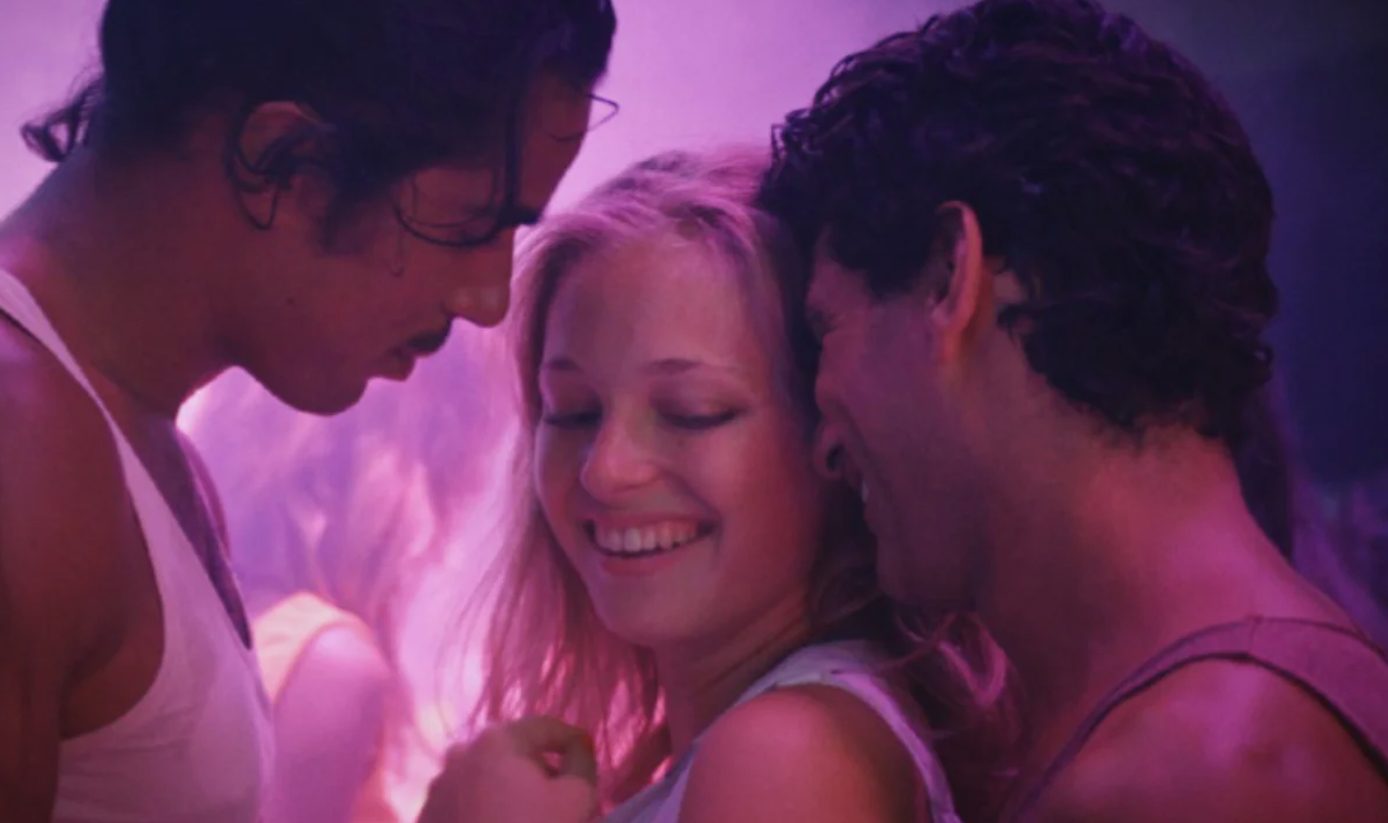
Directed by Abdellatif Kechiche, known for winning the Palme d’Or with “Blue is the Warmest Colour” (2013), “Mektoub, My Love: Intermezzo” has been a polarizing success. However, this film has become one of the most controversial entries in the history of Cannes.
The film was criticized for its extended 13-minute explicit scene, filmed in a bar setting. Many viewers were taken aback by the overt sexual content, suggesting that this was a blatant manipulation of artistic license to justify explicit imagery. Some critics labeled the film as “garbage,” arguing that the lengthy explicit scenes compromised the narrative integrity.
The controversy escalated when Ophélie Bau, the lead actress, walked out of the screening, revealing that she had not been informed about the explicit nature of the scenes, feeling a lack of control during the filming process. An anonymous source alleged that Kechiche exerted pressure with alcohol and prolonged shooting schedules to capture these scenes without proper consent.
Numerous reports indicated that there were no safety measures in place to protect actors, especially during the explicit scenes. The film has not been commercially released and remains a “stain” on Kechiche’s career.
2. The House That Jack Built (2018) – When violence becomes art
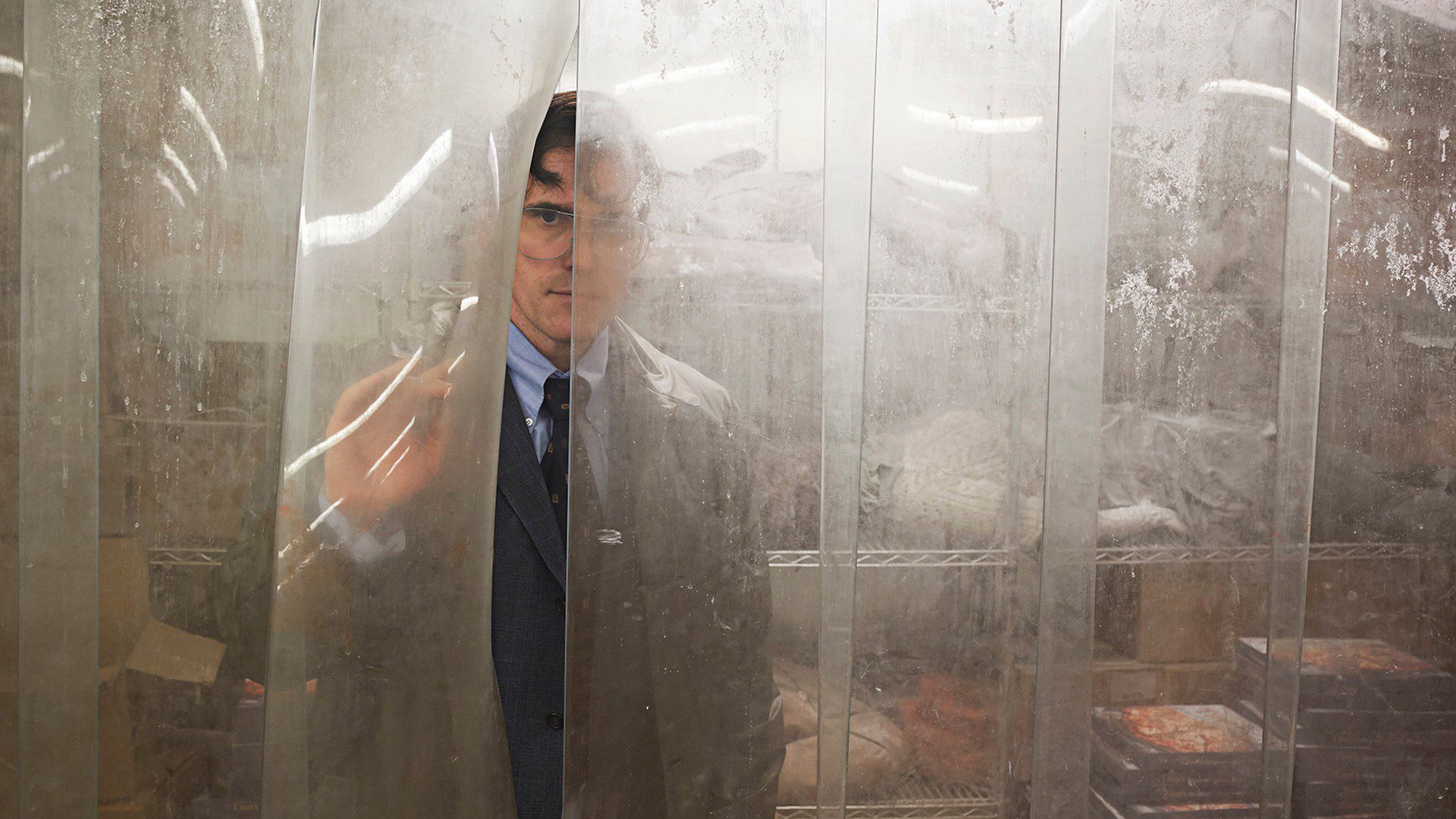
“The House That Jack Built” is a work by Lars von Trier, a director known for his provocative style, who once faced backlash at Cannes for statements regarding the Nazi regime. Upon returning with this film, controversy loomed large.
The film depicts a serial killer’s perspective, featuring graphic depictions of violence against women and other disturbing acts. One particular scene that shocked audiences was when the protagonist used a body as a canvas for art. Over 100 viewers reportedly walked out during its Cannes screening, according to The Hollywood Reporter.
Despite this, some audience members remained until the end, with conflicting opinions surfacing: one side described the film as a “masterpiece,” while others criticized it as a “gross display of evil.”
3. Blue is the Warmest Colour (2013) – Actors describe filming as “torturous”
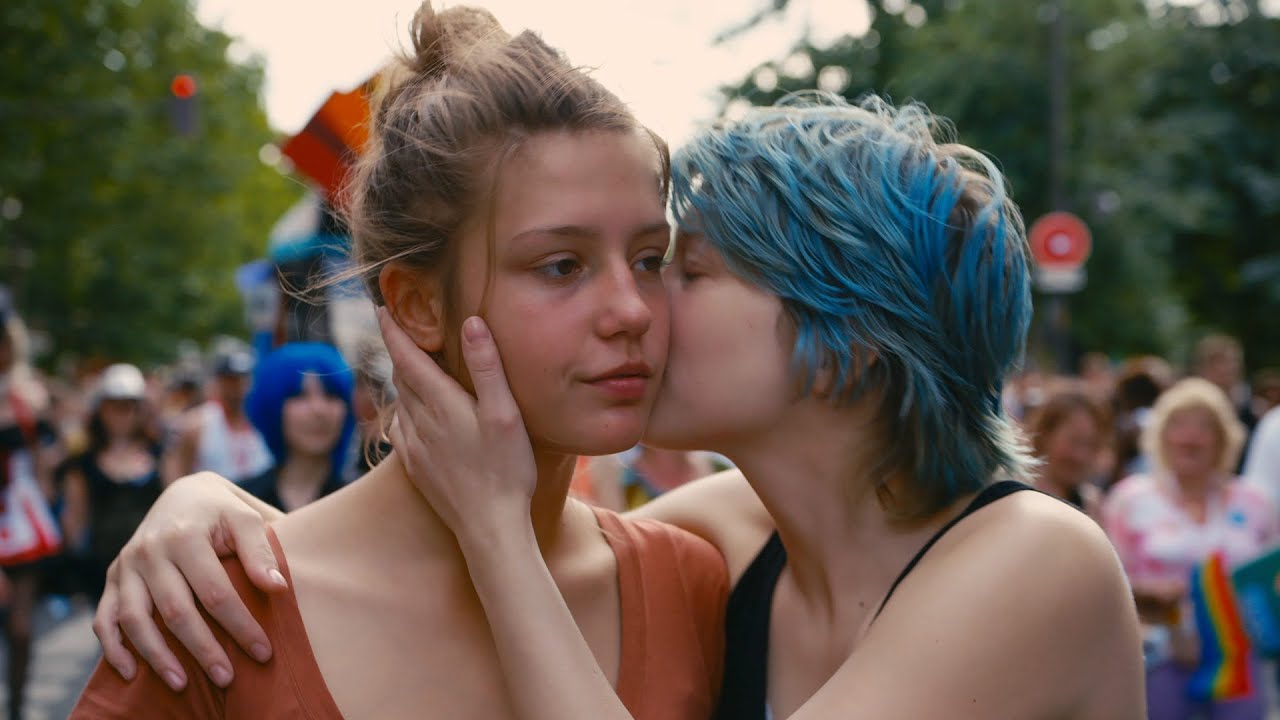
Despite being released in 2013, “Blue is the Warmest Colour” continues to be a focal point of debate years later, and remains one of the most notable 18+ films in Cannes history.
Directed by Abdellatif Kechiche, the film features prolonged intimate scenes between two students (played by Léa Seydoux and Adèle Exarchopoulos) lasting up to 10 minutes, filmed with intense realism. Although it received critical acclaim for its emotional depth and performances, many feminist critics and members of the LGBTQ+ community raised concerns: Does it portray genuine intimacy or merely exploit the female gaze?
Both lead actresses revealed that the filming process was “torturous,” lasting six months, and they felt the director exercised excessive control during intimate scenes. Prominent publications like The New York Times, The Guardian, and Vulture cited it as an example of the “fragile line between artistry and exploitation.”
4. Kinds of Kindness (2024) – Exploring empathy and morality
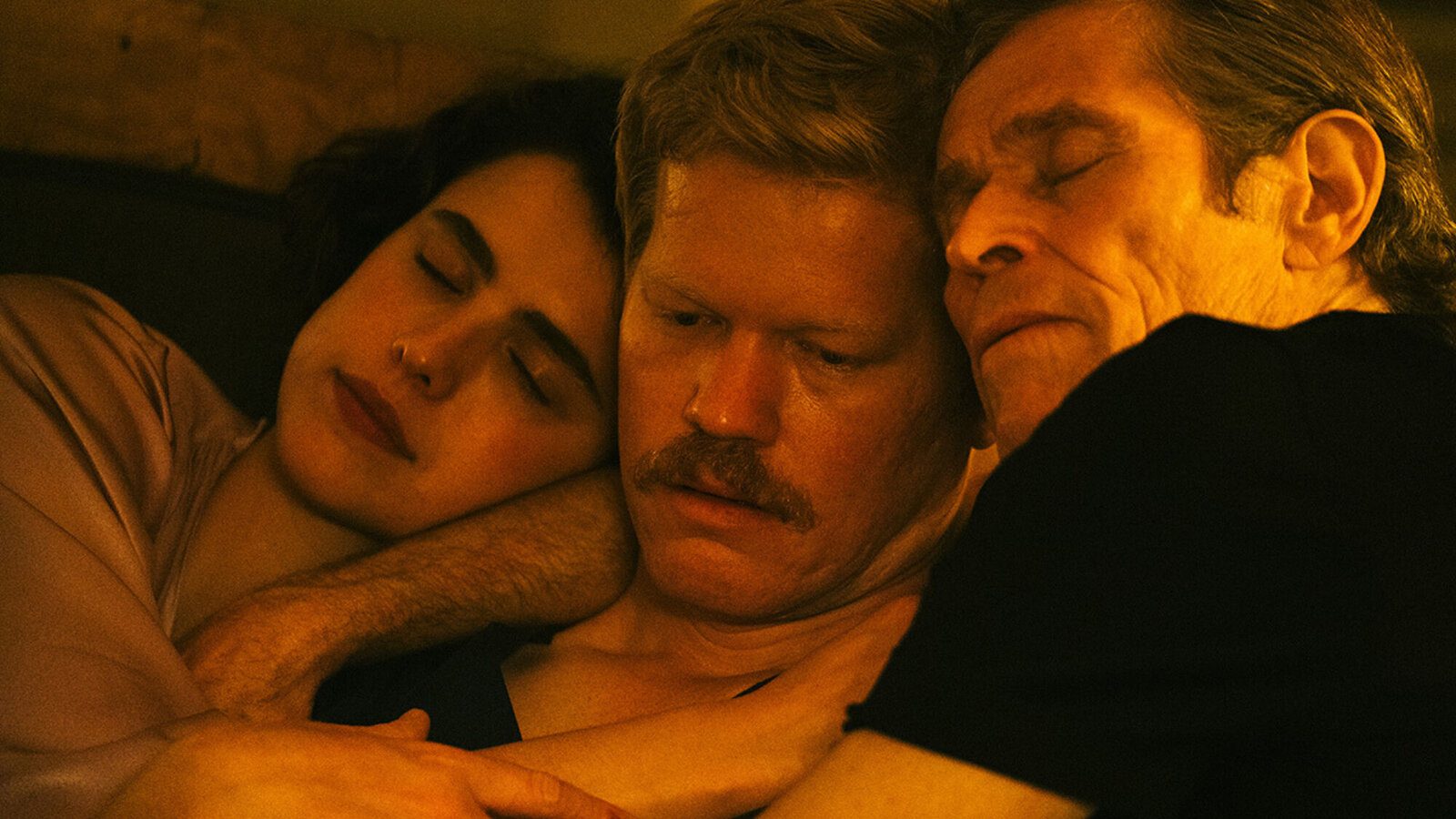
The latest work by director Yorgos Lanthimos – known for the acclaimed “Poor Things” – premiered at Cannes 2024, immediately captivating audiences.
“Kinds of Kindness” is a 18+ film structured in three segments, featuring explicit content and profound themes surrounding human nature. The character’s explicit sexual encounters have been critiqued as “dehumanizing and overly simplistic.” Some critics from The Guardian and Le Monde noted that the film could be seen as a “portrait of grotesque indulgence,” while also warning that it “explores empathy and morality.”
Even with talented actors like Emma Stone and Jesse Plemons, the film creates a complex divide, leaving many viewers shocked and confused by its narrative and stylistic choices. Lanthimos has reiterated that he does not create films to shock audiences.
5. Caligula: The Ultimate Cut (2023) – A controversial return to a notorious classic
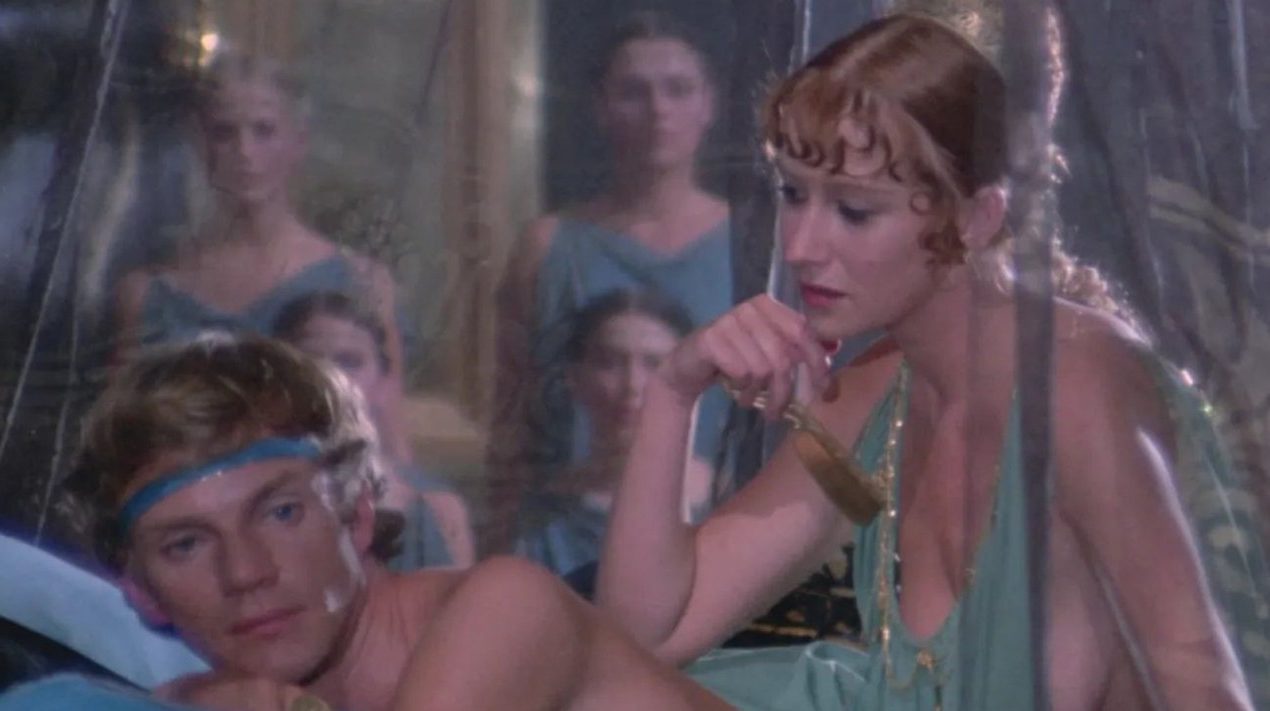
One of the most surprising events at Cannes 2023 was the introduction of the newly re-edited version of “Caligula” (1979) – a film infamous for its explicit content, violence, and sexual exploitation.
While the new cut aimed for a more “artistic approach,” many scenes retained their shocking essence, including explicit violence and graphic sexual content. Decider described the Cannes screening as “an experience beyond the limits of decency,” with many viewers leaving in discomfort.
This 18+ film raises a critical question: Should classic works retain their original shocking content, or is it necessary to “adjust them to fit modern sensibilities”? Cannes, once again, becomes a testing ground for the limits of audience tolerance.
(To be continued)





















